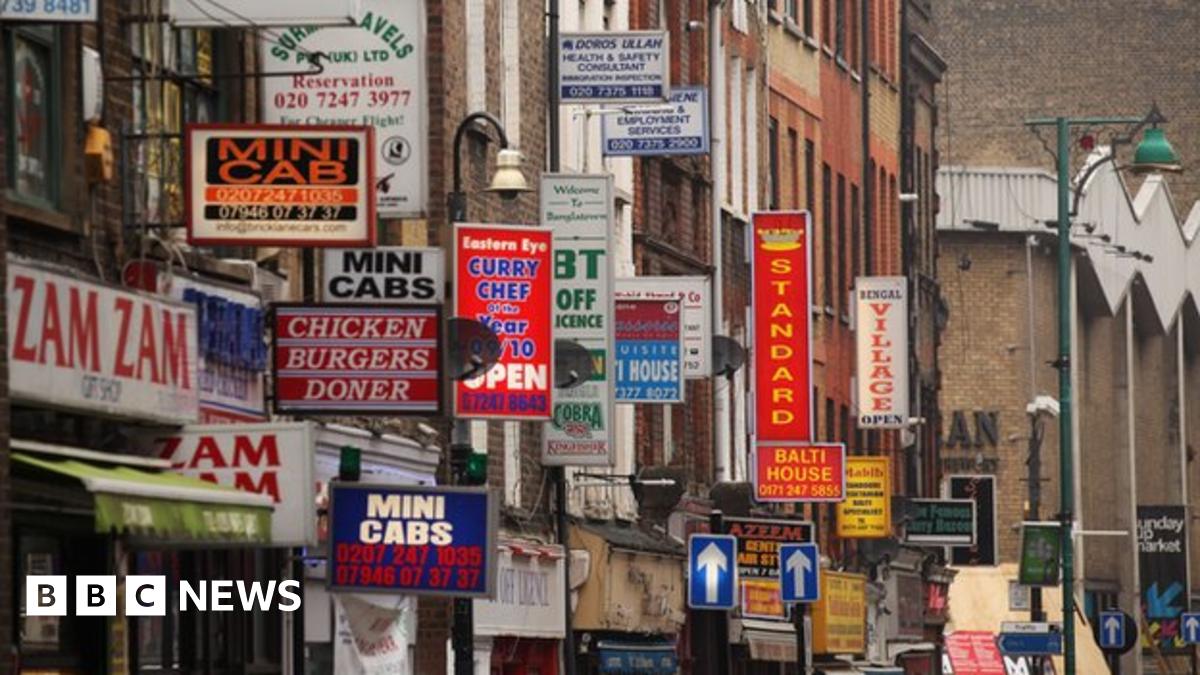I'd give you benefit of doubt and assume this isn't just more wummery, but no borough anywhere has a 90% BAME or immigrant population.You are absolutely correct. We live in a declining economy with most manufacturing outsourced, a low birthrate and ageing population. In demographic and population terms a ticking time bomb. No politicians seem to have the courage to clearly articulate this and therefore why we actually need immigration and lots of it. That is still different to 'open borders'.
Our political leaders also need the courage to be honest about the challenges presented by large scale immigration.
Strain on public services, housing and education.
The cultural challenge of integration.
The problems faced by some (mainly inner city boroughs) that have seen their bame/immigrant population rise in percentage terms from single digits to over 90% in some cases in around half a century.
Low paid workers undercutting wage structure
The need to accept and manage the risk of extremists being among the migrants streams.
It should be possible to have honest and grown up political discourse/ leadership on all of this but apparently not.
It's the Labour thread so the party that introduced the minimum wage and has just raised it has obviously had the courage to address that challenge. And to address house building (which will need immigrant workers).

